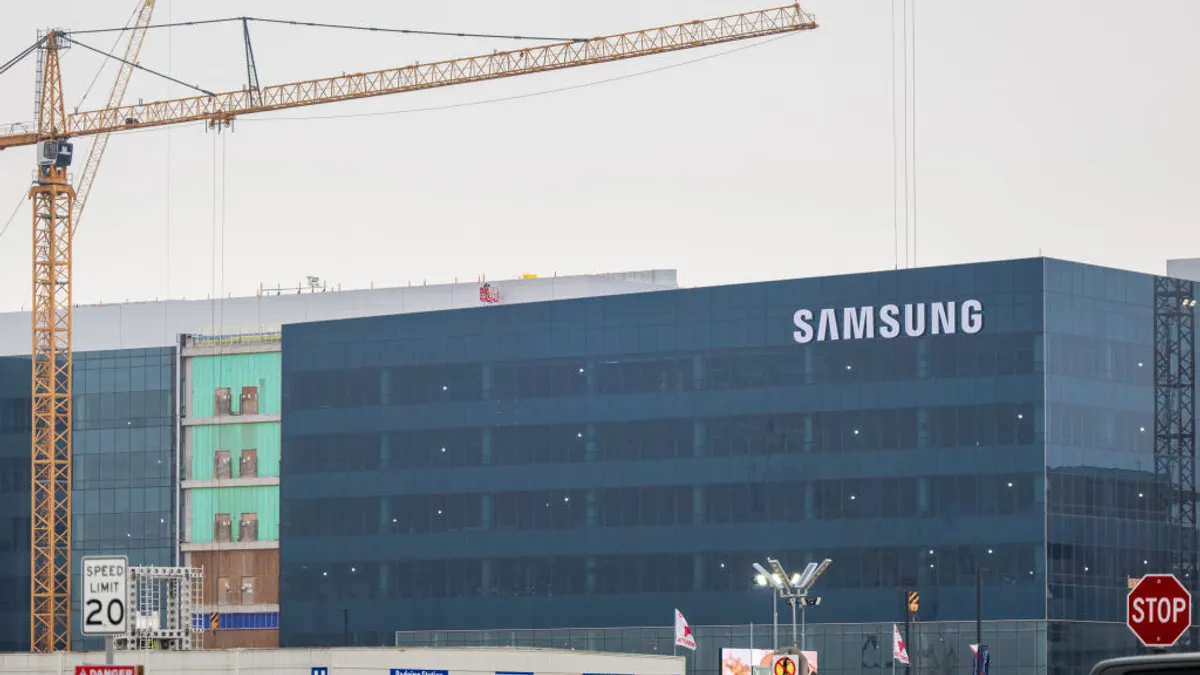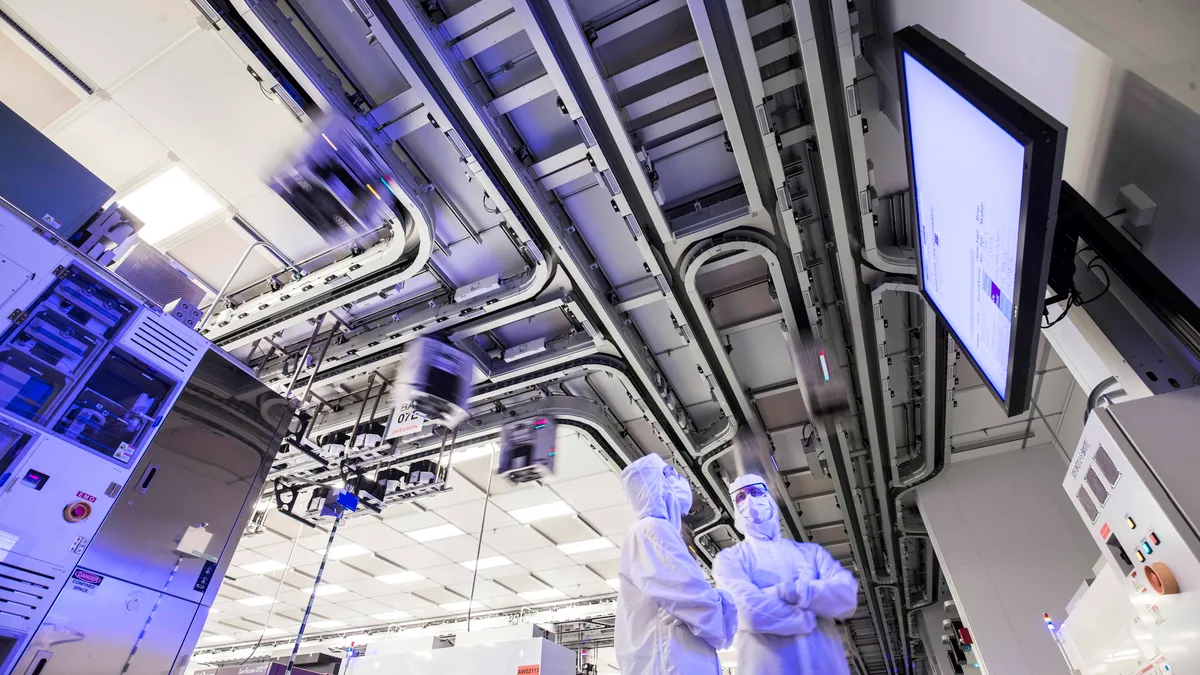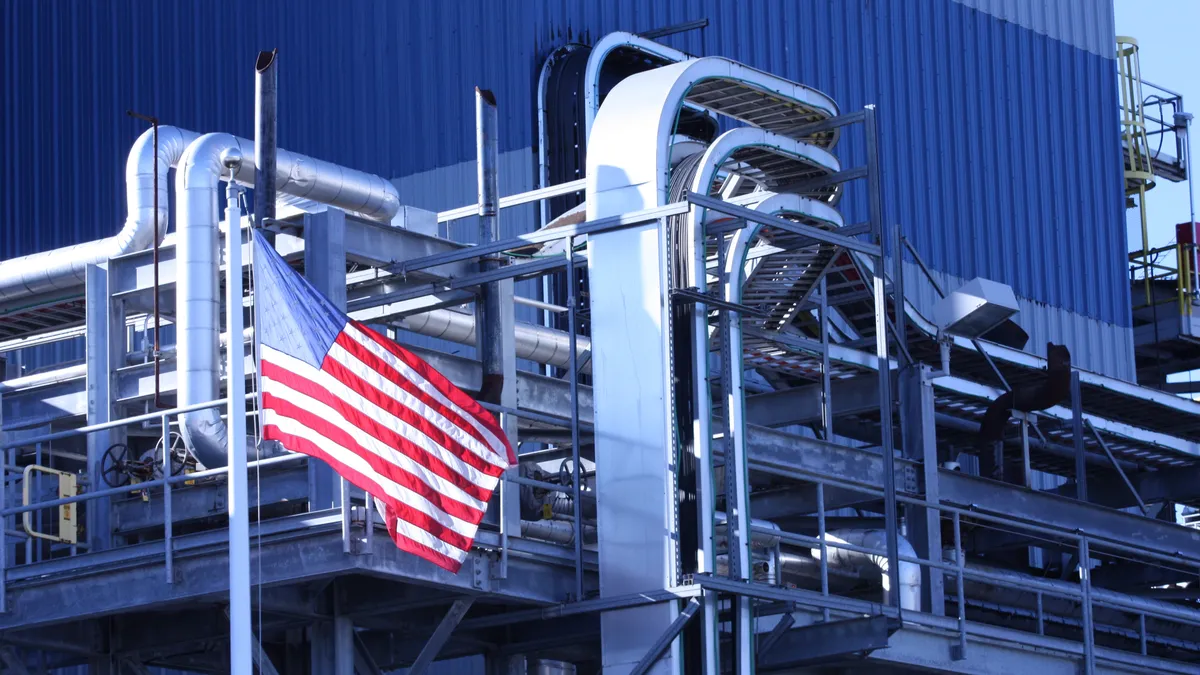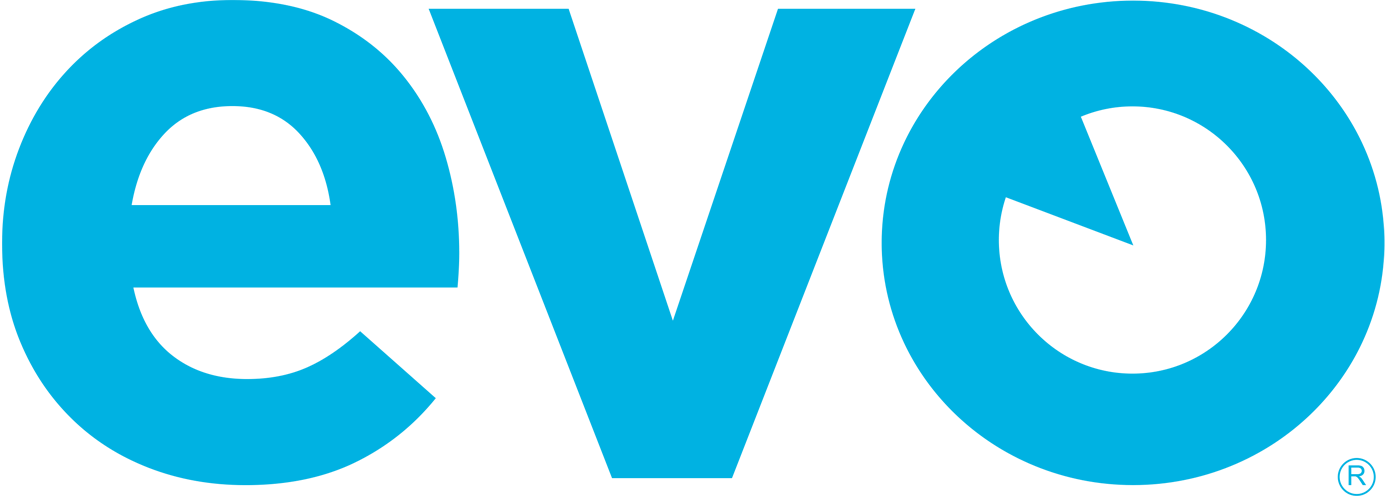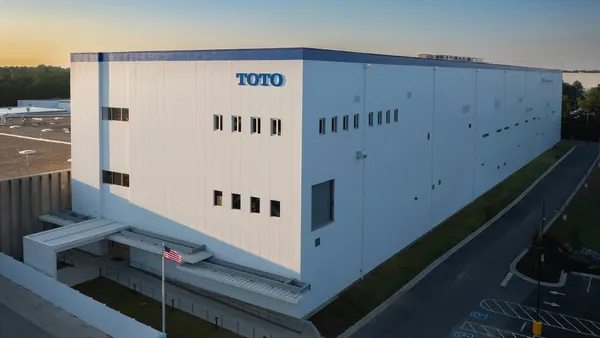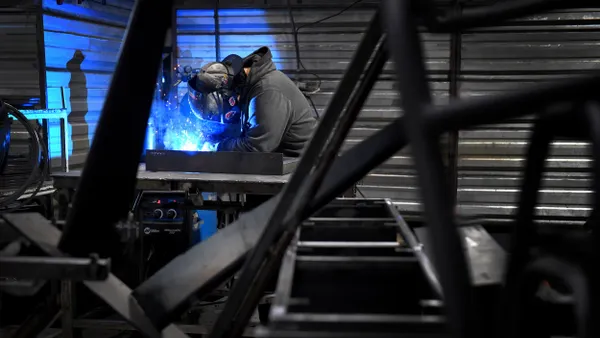Dive Brief:
- Tesla’s $16.5 billion AI chip deal with Samsung, announced by CEO Elon Musk on his social media platform X, is set to provide a major boost to U.S. semiconductor manufacturing as well as benefit an emerging field of domestic suppliers including Graphjet Technology, the company announced Monday.
- Graphjet, a producer of graphene and graphite, said Tesla’s announcement was timely with its plan to build a production plant in Nevada.
- “As a producer of graphite and graphene, Graphjet stands to benefit from the expansion of the AI chip production as graphite and graphene plays a crucial role in semiconductor manufacturing, particularly in processes requiring high temperature and precise control,” CEO Chris Lai said in a statement.
Dive Insight:
Graphjet’s planned facility in Nevada will convert 30,000 metric tons of agricultural waste into 10,000 metric tons of graphite annually, enough material to power more than 100,000 electric vehicles.
The company patented technology to recycle palm kernel shells generated during the production of palm oil to produce single layer graphene and artificial graphite, according to its press release.
Tesla’s eight-year agreement with Samsung ensures a pipeline of next-generation A16 chips, which will be produced at the technology firm’s new fabrication plant in Taylor, Texas. The new chips have assorted applications including use in autonomous vehicles, humanoid robots and AI data centers, according to Graphjet.
Despite slowing demand for electric vehicles, the need for high-tech components including semiconductors, batteries and critical minerals, continue to rise. Many massive manufacturing building projects are already underway to develop a domestic supply chain.
In December, the Department of Commerce finalized Samsung’s $4.75 billion award funded through the CHIPS and Science Act to boost domestic manufacturing. It followed the previously signed preliminary memorandum of terms announced on April 15, 2024.
Taiwan Semiconductor Manufacturing Co. announced plans in March announced to invest an additional $100 billion in the U.S. on top of the $65 billion it already was spending on three chip plants it was constructing in Arizona. Nvidia in April said it would invest $500 billion to manufacture AI chips in Arizona and Texas.
These domestic semiconductor projects will mean potential business for Graphjet. Lai said his company has already started generating revenue and has experienced increasing interest in its products.
“The growth in the semiconductor industry will accelerate the growth of our company,” Lai said.
Graphjet was founded in 2019 in Malaysia. The company aims to begin production in Nevada by 2026.



